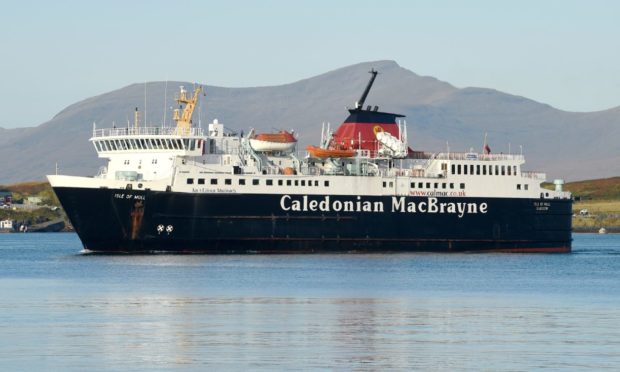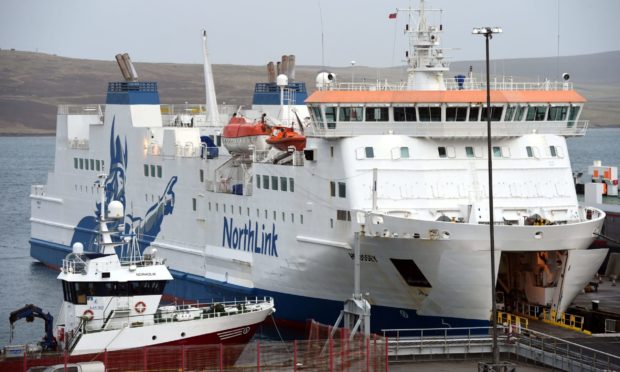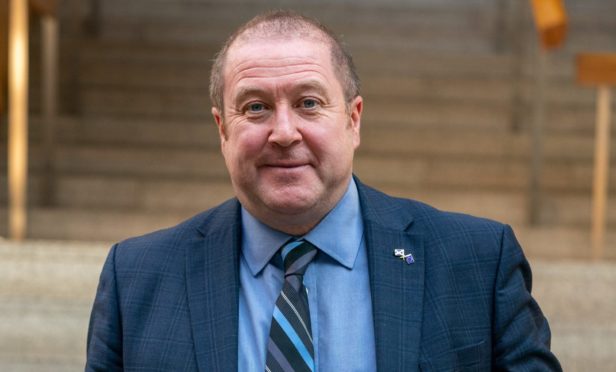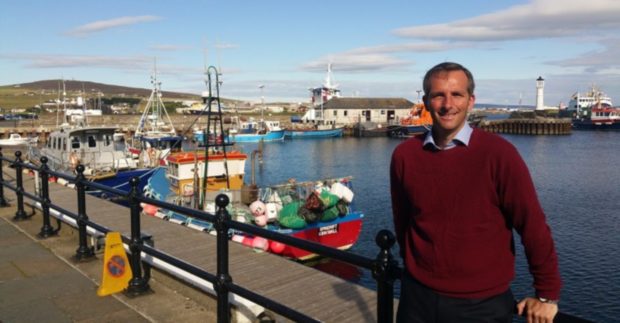Ferry fares could be cut for island residents and made free for young people following a major review being carried out by the Scottish Government.
Transport Minister Graeme Dey confirmed that the future of “seasonality” was being considered as part of new rules for operators, after being urged by Shetland MSP Beatrice Wishart to ban “unfair” summer price hikes faced by northern isles residents.
And he also said that fare “options” for younger people were being discussed by officials, amid calls for a nationwide free bus scheme to be extended to include ferries.
It has emerged that the two issues will be addressed in a new Islands Connectivity Plan (ICP), which could also rule on CalMac Community Board’s proposal for cut-price fares for school buses travelling to educational and sporting events.
The potential shake-up is being discussed amid ongoing frustration at the reliability of some services and the capacity on routes popular with tourists, particularly on the west coast, as well as concern about the spectre of depopulation facing many island communities which struggle to retain young residents and families.
There have also long been demands for the northern isles to benefit fully from the road equivalent tariff (RET) scheme, which began on west coast routes in 2008.
Ms Wishart said locals in her Shetland seat were seeking action to address fare fluctuations.
“Islanders are subject to seasonal price changes. Most people believe that is unfair,” she said.
“Paying more in summer than winter might be fine for tourists but it’s unfair for islanders relying on a lifeline service.
Paying more in summer than winter might be fine for tourists but it’s unfair for islanders relying on a lifeline service.”
“We already have an increased cost of living here. As one constituent put it, there’s no seasonal fare hikes on buses or toll bridges.”
Ms Wishart raised the issue with Mr Dey, who confirmed it was being considered as part of new rules for services.
The minister said: “A review of ferry fares policy is being undertaken as part of the Islands Connectivity Plan (ICP), the successor to the current Ferries Plan (2013-22).
“This will consider issues such as seasonality and inform future ferry service contracts.”
Mr Dey also answered a question from Orkney MSP Liam McArthur, who has been pressing the Scottish Government to make travel on island ferries free for young people, as part of the national expansion of free bus travel, which is being introduced for five to 18-year-olds, and could be extended to cover 19 to 21-year-olds.
The Lib Dem said: “On mainland Scotland a young person will be able to travel hundreds of miles for free on the buses.
“In the islands they might only be able to go a few miles before they are hit by a ferry fare.
“I am pressing ministers to extend free bus travel for young people to make sure it includes ferry travel.
I am pressing ministers to extend free bus travel for young people to make sure it includes ferry travel.”
“Without this change the Scottish Government will be bringing in a policy that is good for the big cities but worth less for the islands.
“A ferry here performs the same job as a bus in other parts of Scotland.
“It is fair to help young people in the islands get the same opportunities as those in the rest of Scotland.”
In response to Mr McArthur’s questioning, Mr Dey confirmed that the issue was being considered as part of the ICP, as well as another review of travel for younger people.
“We are committed to carrying out an Islands Communities Impact Assessment for the new free bus travel scheme for young people prior to it coming into operation,” the minister said.
“Following a consultation on free bus travel for young people late last year, officials are now consulting further with island communities.
“We expect to publish the Islands Communities Impact Assessment later this summer.”
Mr Dey added: “Ferry fares policy options are being considered through the ongoing review of concessionary travel arrangements across all modes for under 26 year olds and through the Islands Connectivity Plan.”

In March, Transport Scotland published an evaluation report on RET, which aimed to set ferry fares on the basis of travelling an equivalent distance by road.
It found “strong agreement” amongst visitors and residents that vehicle-deck space on ferries should be reserved for residents at peak times, and that bookings should be released in phases.
Uisdean Robertson, chairman of the transportation and infrastructure committee at Western Isles Council, said: “The biggest issue on ferries from here to the mainland, to us, has been in relation to school trips or sports trips, for example.
“A caravanette is a heck of a lot cheaper than a bus going with school kids to an athletics meets.
A caravanette is a heck of a lot cheaper than a bus going with school kids to an athletics meets.”
“That has been a big thing here. That has been the biggest complaint we’ve had as a council is the inability for school trips, sports trips – shinty, football, whatever – travelling to the mainland, not to get some kind of concession.”
In March, former minister Paul Wheelhouse signalled in a letter to Mr Robertson that the concerns would also be considered as part of the ICP.
“This is one of the issues highlighted in the RET evaluation report, which will be published soon,” he said.
“This report will inform the upcoming fares review being conducted as part of the Islands Connectivity Plan (ICP).
“Changes to fares policy should be made in a strategic, evidence based manner, and it is right that we let that process take its course.
“I can assure you that I am aware of representations from several island communities about motorhome fares.”


